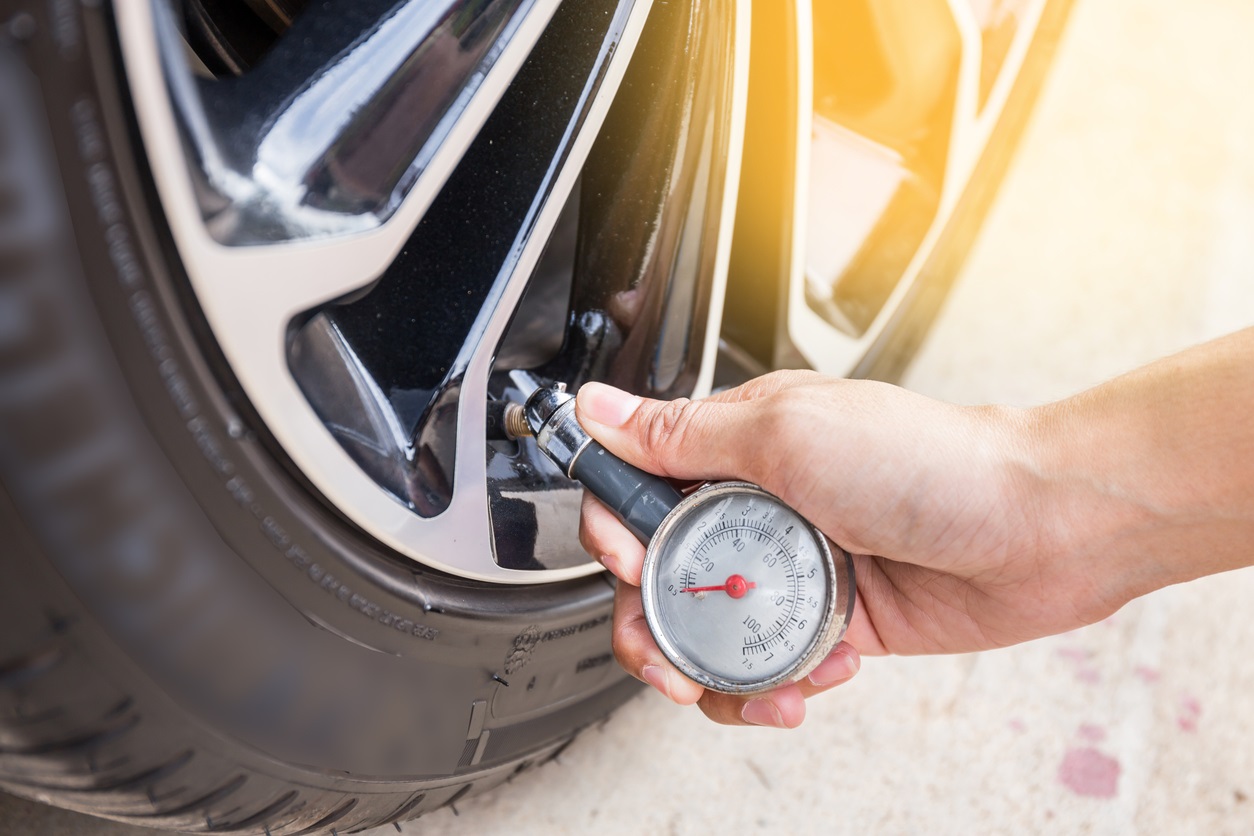4 things you should know about your tyres
Published on: Thursday, 28 March 2019 | Author: Tyre Pros
From the comfort of the driver’s seat, it’s easy to forget how much of a hammering your tyres take each time you hit the highways. The only four points of contact your car has with the road, they bear the entire weight of your vehicle and its occupants. These carefully designed pieces of kit also help to give you a smooth ride and prevent you from sliding off the road surface.
Because of their importance, it pays to be in the know when it comes to your tyres. If you’re looking to get more clued up on this topic, here are four things that you should be aware of as a driver.
A little extra tread depth can save lives
You’re hopefully already aware that by law, your tyres must have a minimum tread depth of 1.6mm. If they fall below this, you risk being fined as much as £2,500 and getting three points on your licence per tyre. This could mean a total penalty of £10,000 and 12 points if all four of your tyres are found to be under the required standard. However, while you might know the legal minimum, are you aware that many safety experts recommend having more tread depth than this? According to these specialists, you should consider replacing your tyres once their tread depth falls below 3mm.
Tests conducted by the technical organisation MIRA, on behalf of the British Rubber Manufacturer’s Association (BRMA), found that stopping distances increase considerably once tread is less than 3mm deep. In wet conditions, braking distances for tyres with a tread depth of 1.6mm can be 44 per cent higher than tyres with a tread depth of 3mm. In other words, it can take nearly twice as long to stop using tyres with this lower tread depth. In the context of a safety test, this might seem merely academic, but on the roads it can make the difference between life and death. If you have to brake suddenly to avoid a collision, you want to know that your tyres are in the best possible condition. This is important year-round, and it’s something you’ll need to be especially aware of in wet or icy weather.
Incorrect tyre pressure can cost you big
Checking your tyre pressure might seem like an unnecessary hassle, but in fact this simple task can not only play an important role in keeping you safe, it can also help you to save money. If your tyres are incorrectly inflated, they can wear out more quickly, meaning you will need to replace them more frequently. Over-inflation increases wear on the edges of the tread, while under-inflation causes the centre of the tyres to wear down more quickly.
Meanwhile, under-inflated tyres get hotter, increasing the risk of sudden blowouts. As well as being dangerous, this will leave you needing to buy new tyres immediately. Also, under-inflation will increase rolling resistance, meaning your fuel consumption goes up and each of your journeys costs you more.
Uneven wear can be a sign of an underlying problem
It stands to reason that general wear and tear and sharp objects can affect the longevity and safety of your tyres. However, other factors can also impact on how long these pieces of kit last. For example, if the tread is wearing down unevenly, this might be a sign that your wheels are imbalanced. It’s not always easy to tell if your car has this problem, but look out for a vibration that can make driving uncomfortable. Another sign that something’s amiss is a wobbling of your steering wheel above a certain speed.
The good news is, this problem is easy to fix. Simply get a trained technician to test your car and see if the wheels need to be rebalanced. Rectifying this issue now could save you money and hassle further down the line, and it will make driving your car a smoother and more pleasurable experience.
Poor suspension can also cause problems for your tyres, placing uneven amounts of pressure on them and meaning they wear out far more quickly and less evenly than they would under ordinary circumstances. So if you find you are replacing tyres more regularly than you should or that the tread is wearing in an irregular manner, be sure to investigate what the underlying cause for this might be.
Tyre safety is something all drivers must take seriously, so if you think any of yours need to be replaced, now’s the time to take action. To find out more about our tyre fitting services, including our mobile fitting service at a time and place convenient for you, browse our website or get in touch.




